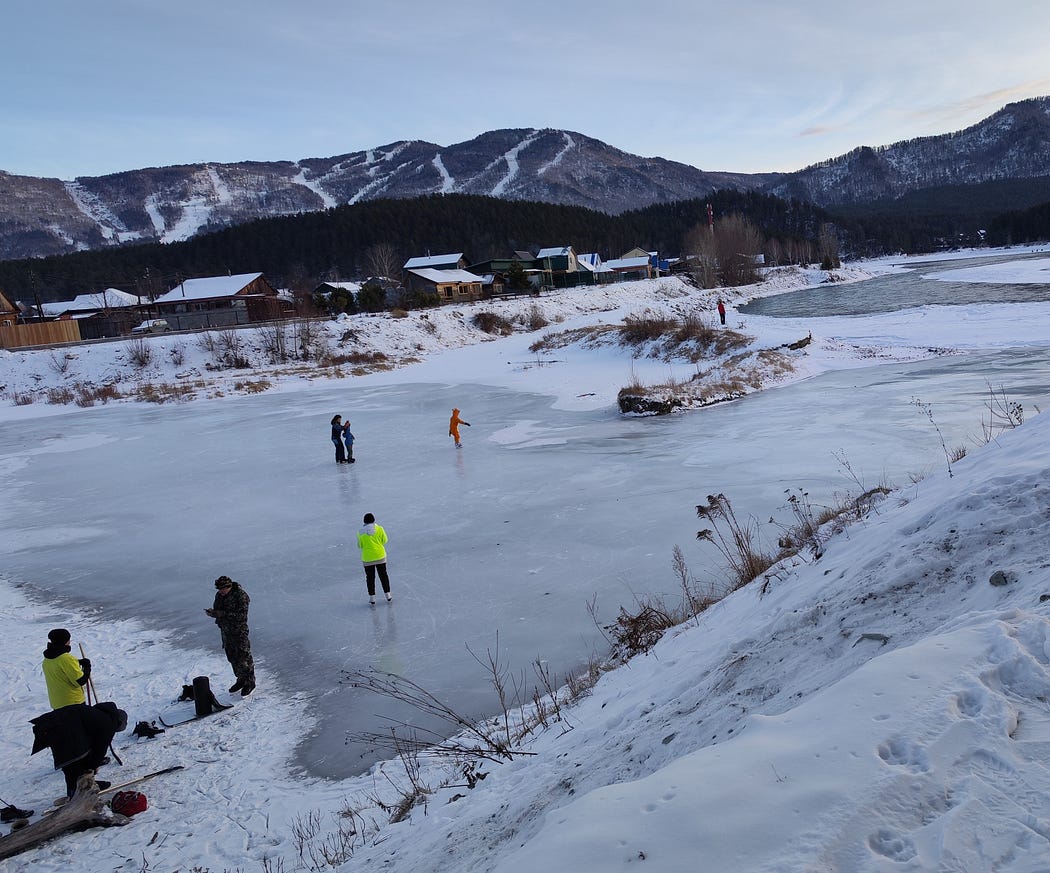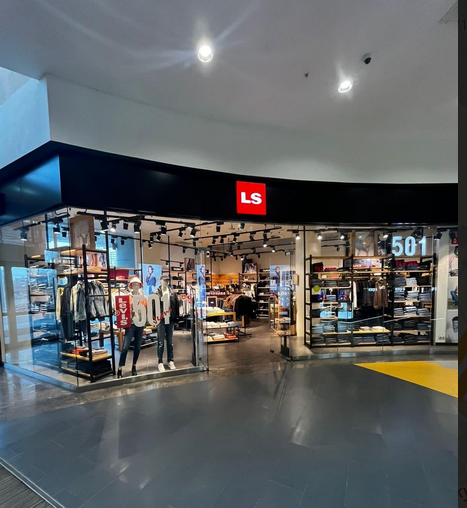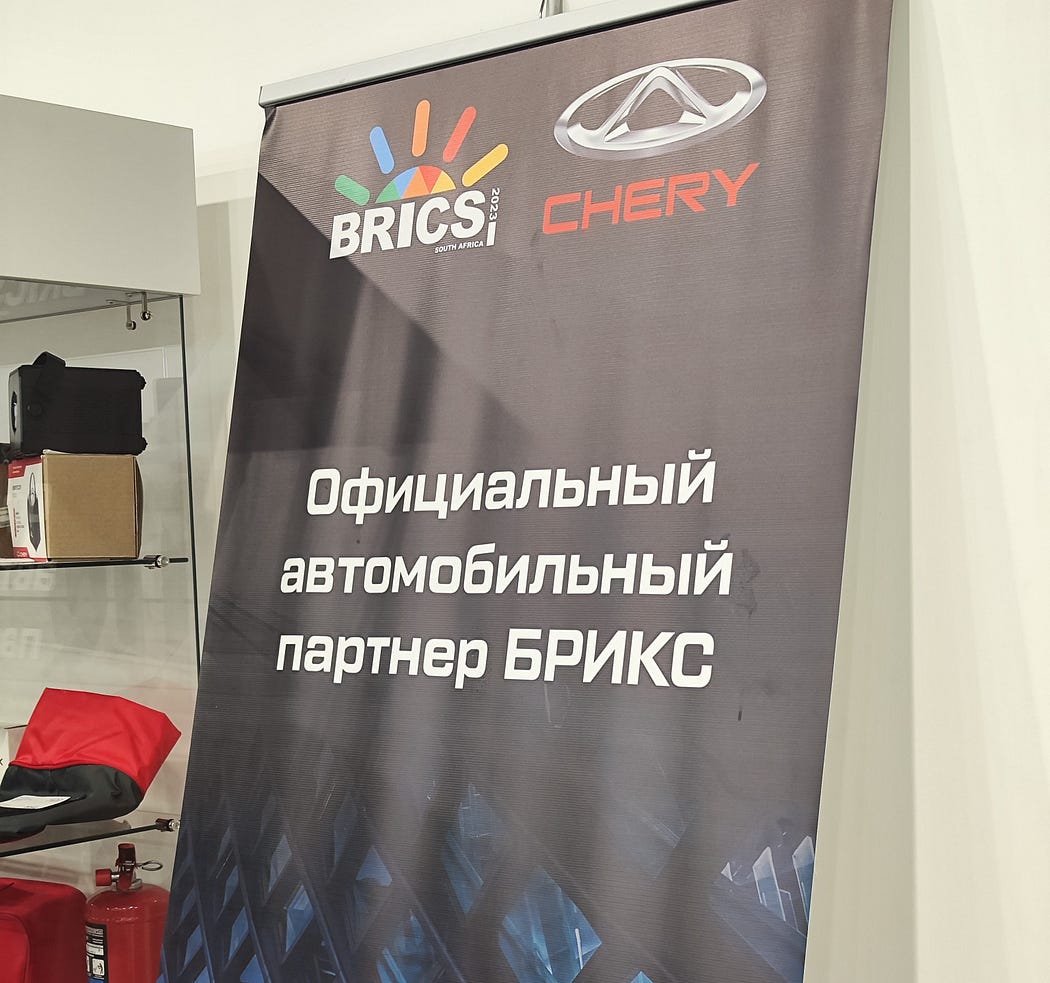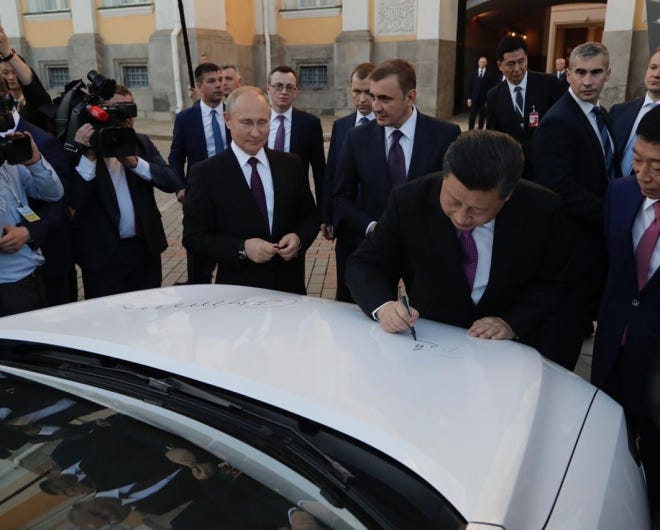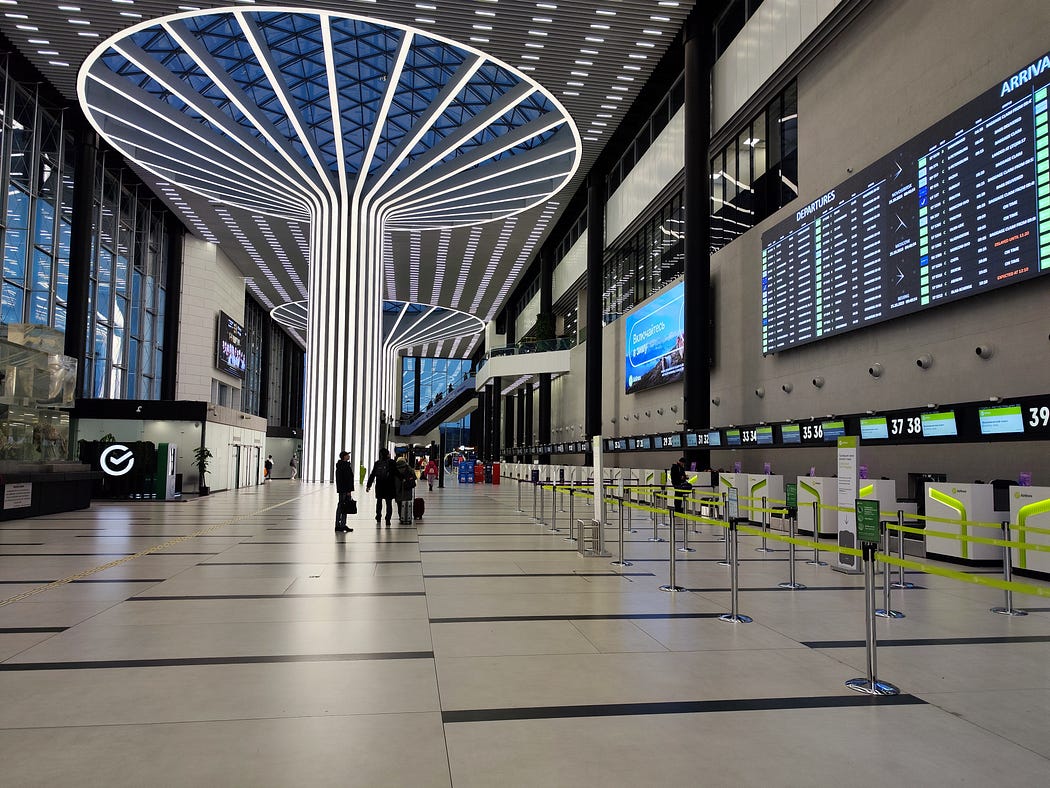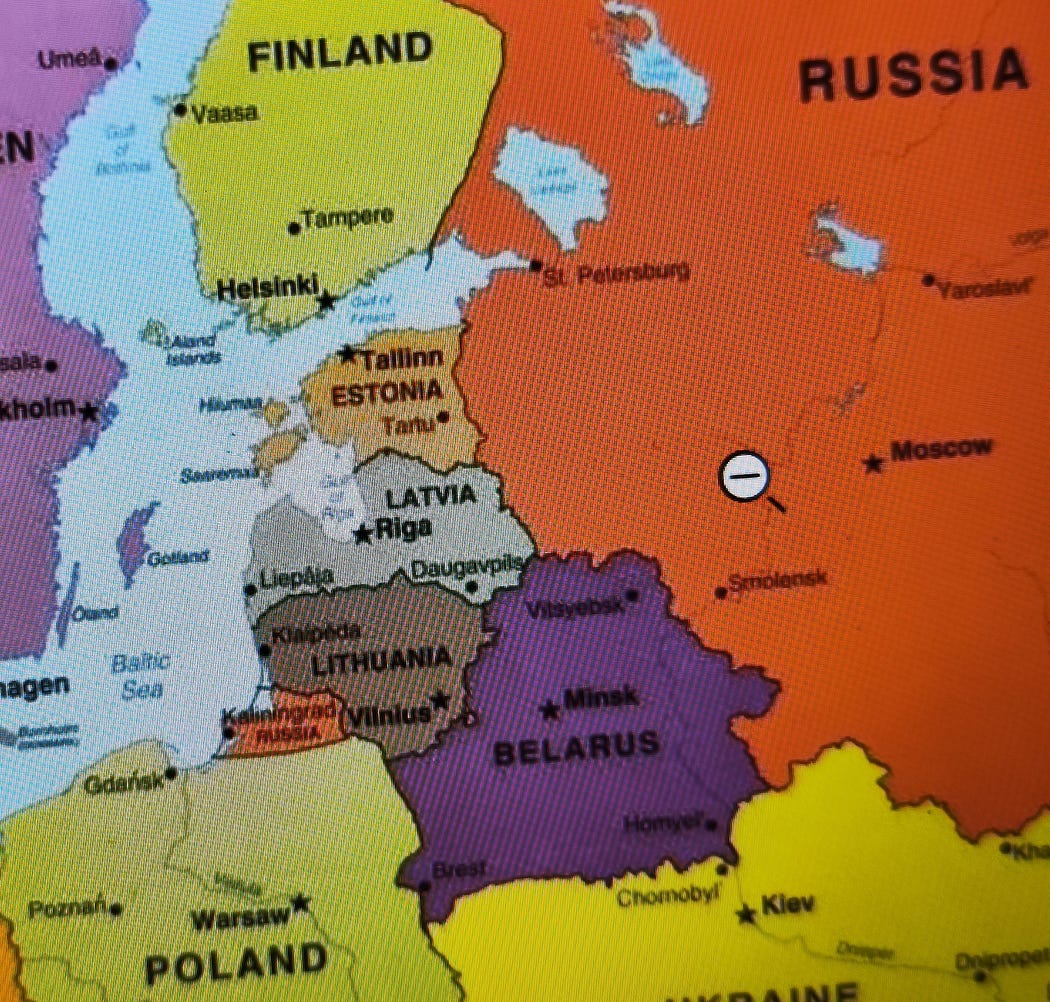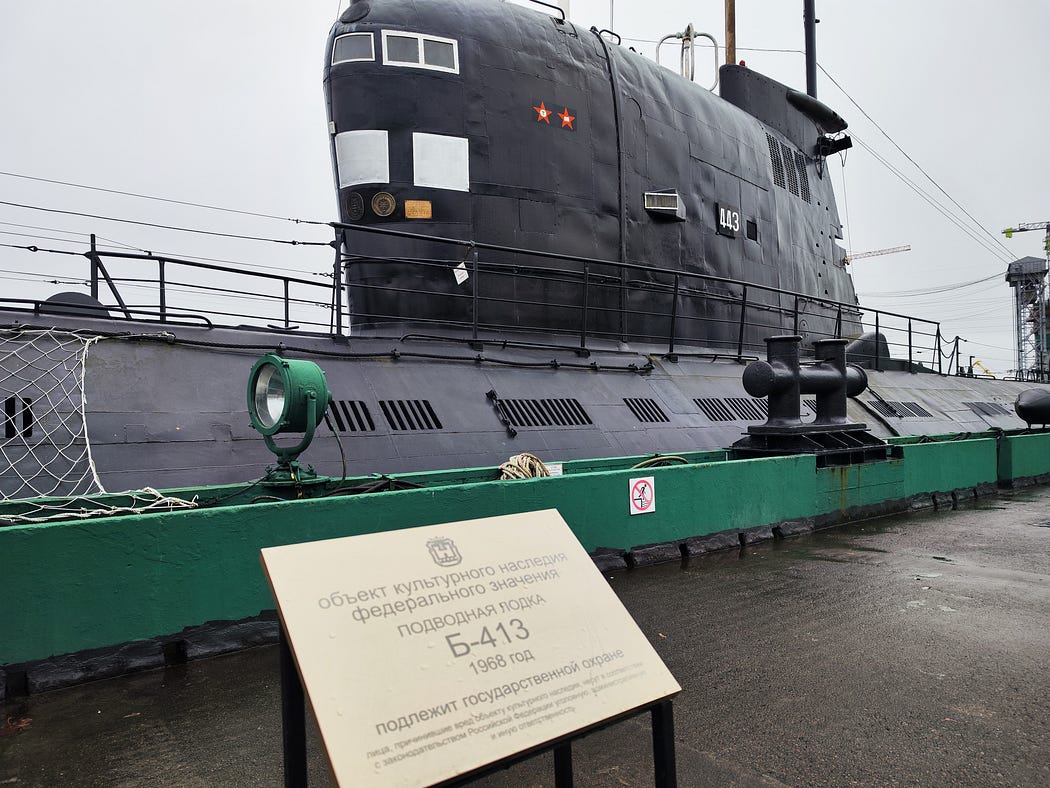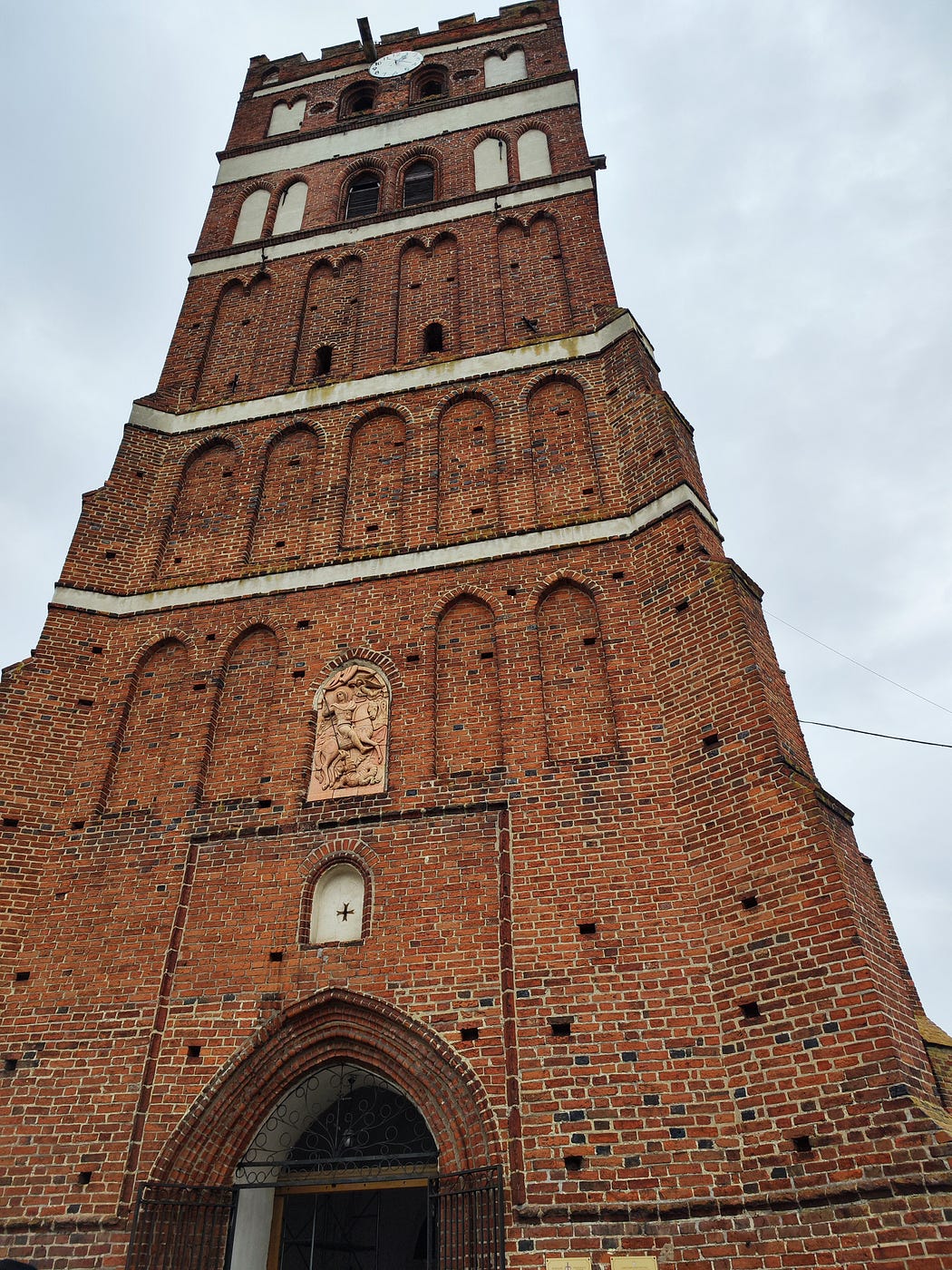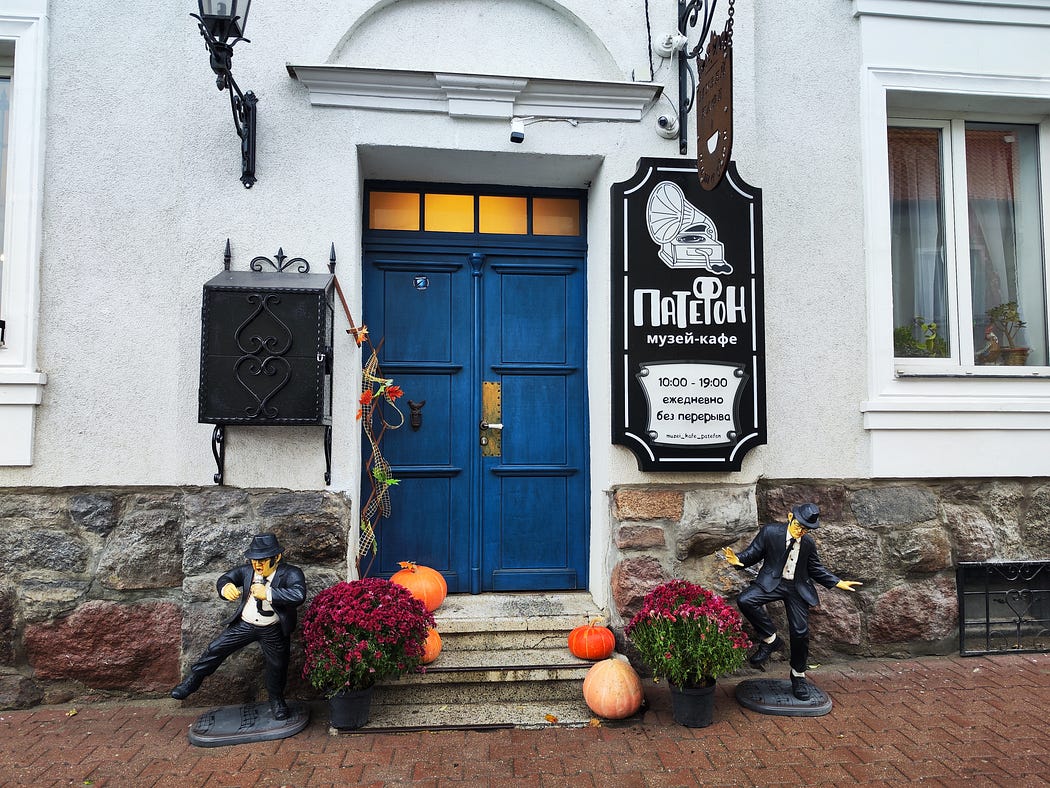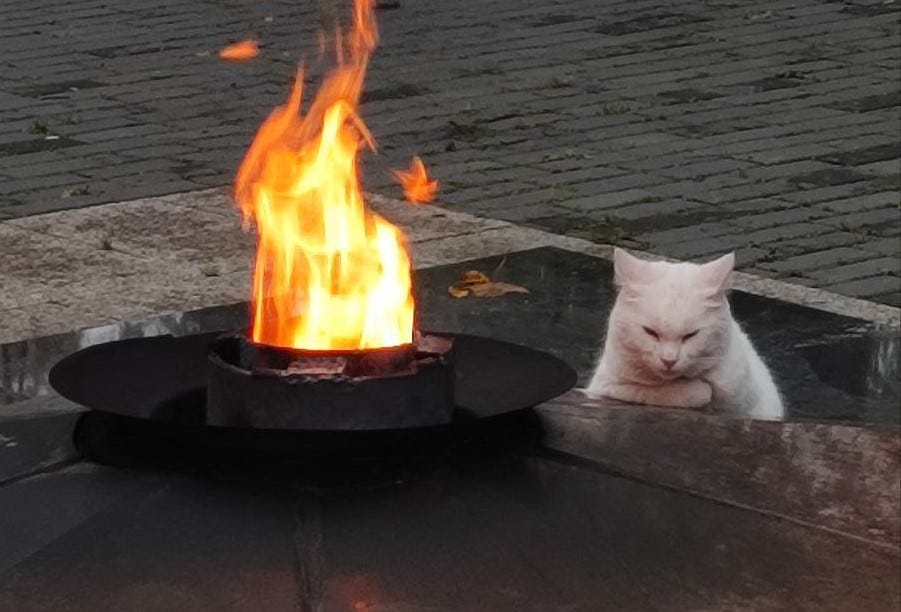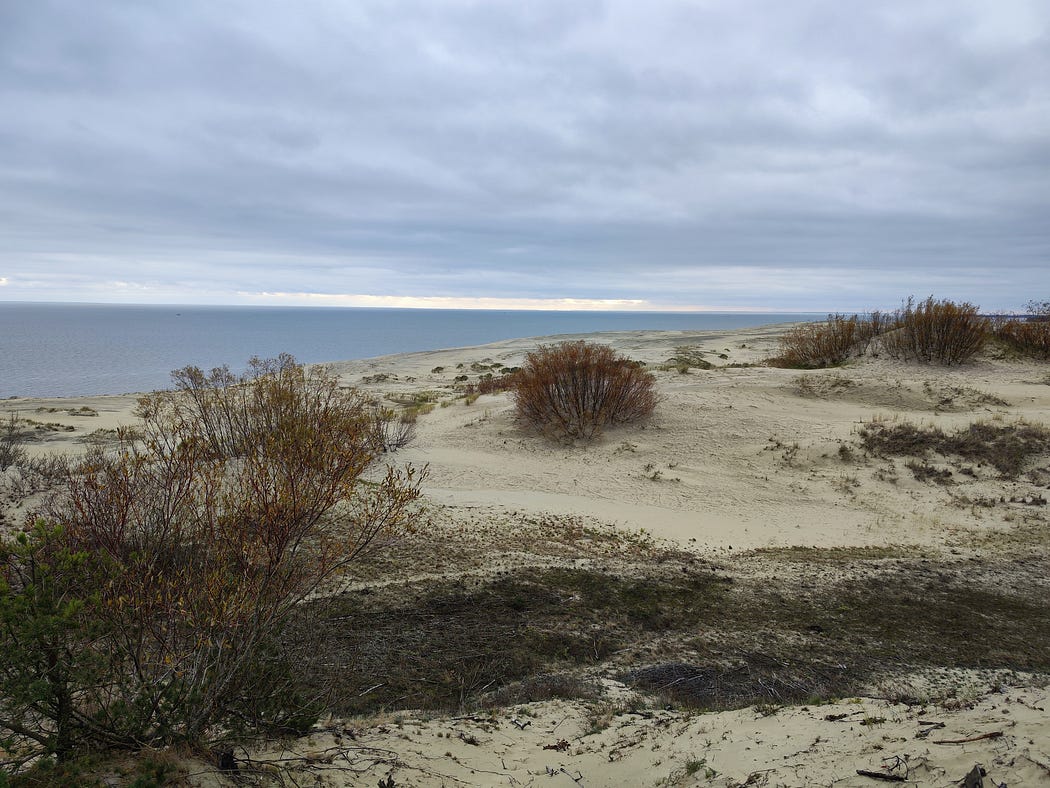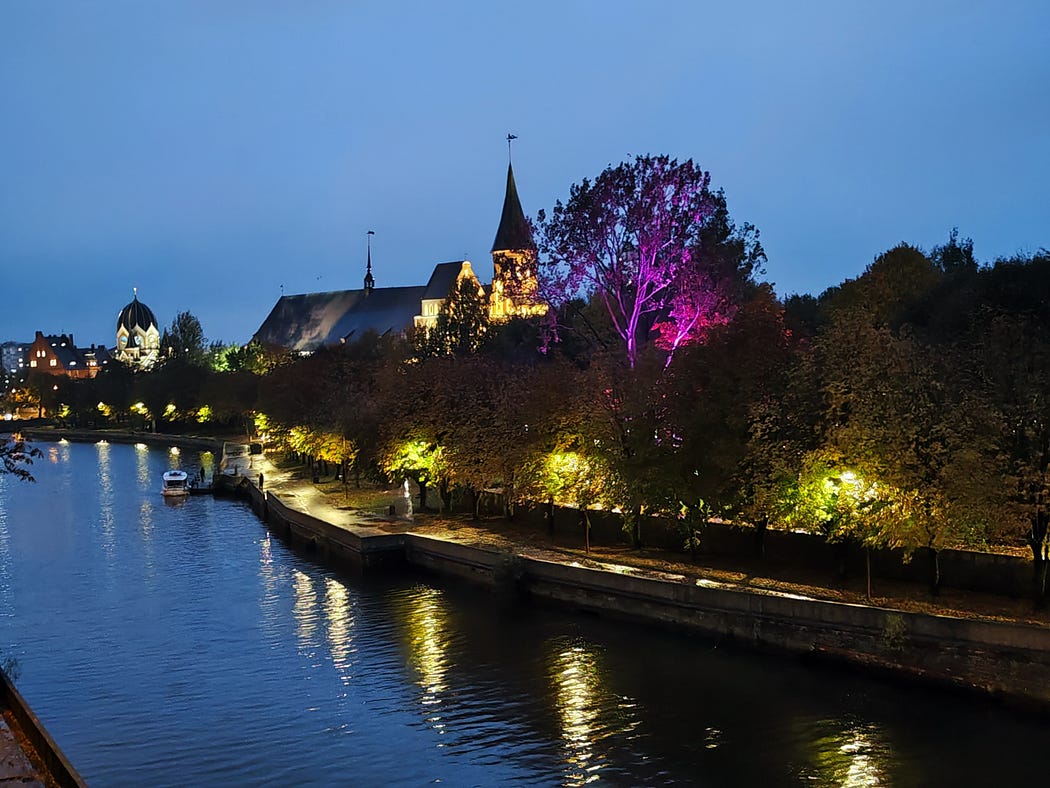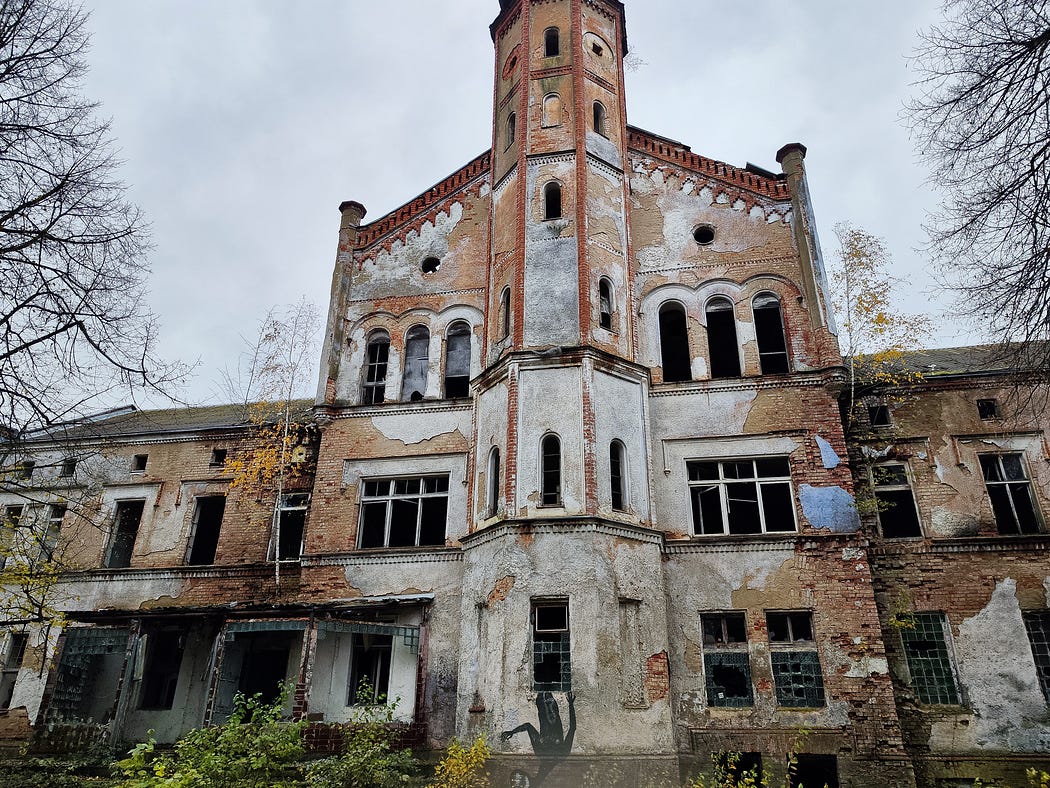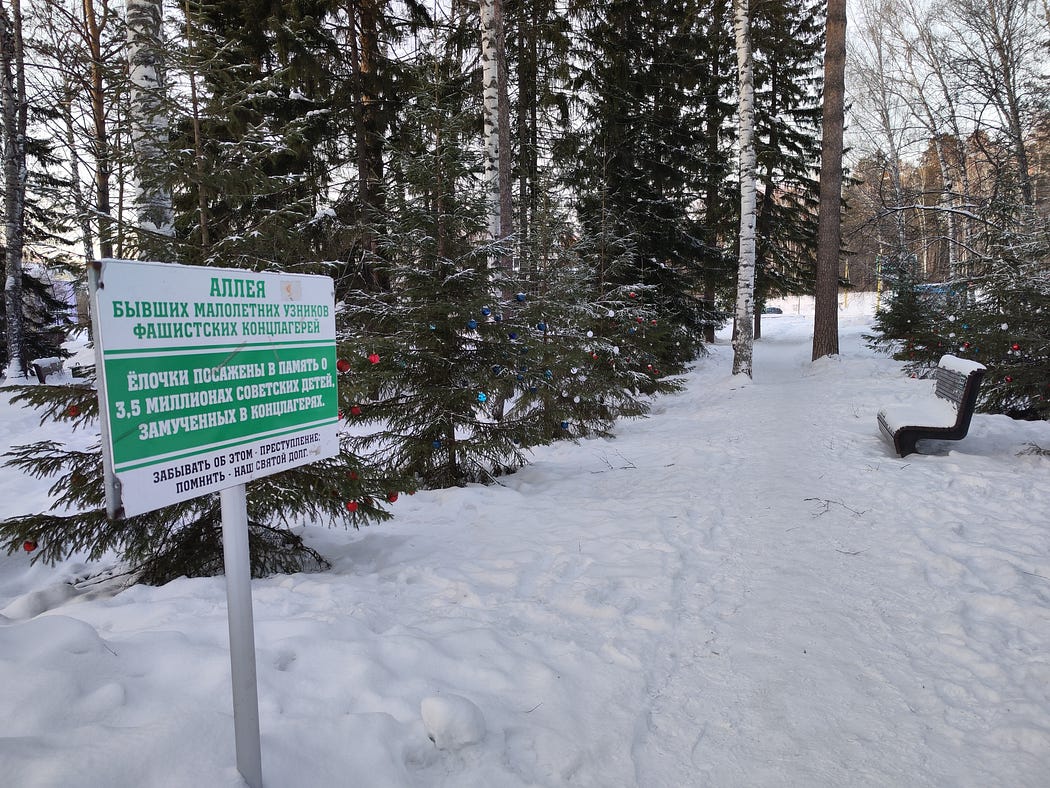By Tarik Cyril Amar, Website, 3/17/24
The current situation in the conflict between Ukraine – serving (while being demolished) as a proxy for the West – and Russia, can be sketched in three broad strokes.
First, Russia now clearly has the upper hand on the battlefield and could potentially accelerate its recent advances to achieve an overall military victory soon. The West is being compelled to recognize this fact: as Foreign Affairs put it, in an article titled “Time is Running Out in Ukraine,” Kiev and its Western supporters “are at a critical decision point and face a fundamental question: How can further Russian advances… be stopped, and then reversed?” Just disregard the bit of wishful thinking thrown in at the end to sweeten the bitter pill of reality. The key point is the acknowledgment that it is crunch time for the West and Ukraine – in a bad way.
Second, notwithstanding the above, Ukraine is not yet ready to ask for negotiations to end the war on terms acceptable to Russia, which would be less than easy for Kiev. (Russian President Vladimir Putin, meanwhile, reiterated in an important recent interview that Moscow remains principally open to talks, not on the basis of “wishful thinking” but, instead, proceeding from the realities “on the ground.”)
The Kiev regime’s inflexibility is little wonder. Since he jettisoned a virtually complete – and favorable – peace deal in the spring of 2022, President Vladimir Zelensky has gambled everything on an always improbable victory. For him personally, as well as his core team (at least), there is no way to survive – politically or physically – the catastrophic defeat they have brought on their country by leasing it out as a pawn to the Washington neocon strategy.
The Pope, despite the phony brouhaha he triggered in Kiev and the West, was right: a responsible Ukrainian leadership ought to negotiate. But that’s not the leadership Ukraine has. Not yet at least.
Third, the West’s strategy is getting harder to decipher because, in essence, the West cannot figure out how to adjust to the failure of its initial plans for this war. Russia has not been isolated; its military has become stronger, not weaker – and the same is true of its economy, including its arms industry.
And last but not least, the Russian political system’s popular legitimacy and effective control has neither collapsed nor even frayed. As, again, even Foreign Affairs admits, “Putin would likely win a fair election in 2024.” That’s more than could be said for, say, Joe Biden, Rishi Sunak, Olaf Scholz, or Emmanuel Macron (as for Zelensky, he has simply canceled the election).
In other words, the West is facing not only Ukraine’s probable defeat, but also its own strategic failure. The situation, while not a direct military rout (as in Afghanistan in 2021) amounts to a severe political setback.
In fact, this looming Western failure is a historic debacle in the making. Unlike with Afghanistan, the West will not be able to simply walk away from the mess it has made in Ukraine. This time, the geopolitical blowback will be fierce and the costs very high. Instead of isolating Russia, the West has isolated itself, and by losing, it will show itself weakened.
It is one thing to have to finally, belatedly accepted that the deceptive “unipolar” moment of the 1990s has been over for a long time. It is much worse to gratuitously enter the new multipolar order with a stunning, avoidable self-demotion. Yet that is what the EU/NATO-West has managed to fabricate from its needless over-extension in Ukraine. Hubris there has been galore, the fall now is only a matter of time – and not much time at that.
Regarding EU-Europe in particular, on one thing French President Emmanuel Macron is half right. Russia’s victory “would reduce Europe’s credibility to zero.” Except, of course, a mind of greater Cartesian precision would have detected that Moscow’s victory will merely be the last stage in a longer process.
The deeper causes of EU/NATO-Europe’s loss of global standing are threefold. First, its own wanton decision to seek confrontation instead of a clearly feasible compromise and cooperation with Russia (why exactly is a neutral Ukraine impossible to live with again?) Second, the American strategy of systematically diminishing EU/NATO-Europe with a short-sighted policy of late-imperial client cannibalization which takes the shape of aggressive deindustrialization and a “Europeanization” of the war in Ukraine. And third, the European clients’ grotesque acquiescence to the above.
That is the background to a recent wave of mystifying signals coming out of Western, especially EU/NATO elites: First, we have had a wave of scare propaganda to accompany the biggest NATO maneuvers since the end of the Cold War. Next Macron publicly declared and has kept reiterating that the open – not in covert-but-obvious mode, as now – deployment of Western ground troops in Ukraine is an option. He added a cheap demagogic note by calling on Europeans not to be “cowards,” by which he means that they should be ready to follow, in effect, his orders and fight Russia, clearly including inside and on behalf of Ukraine. Never mind that the latter is a not an official member of either NATO or the EU as well as a highly corrupt and anything but democratic state.
In response, a divergence has surfaced inside EU/NATO Europe: The German government has been most outspoken in contradicting Macron. Not only Chancellor Scholz rushed to distance himself. A clearly outraged Boris Pistorius – Berlin’s hapless minister of defense, recently tripped up by his own generals’ stupendously careless indiscretion over the Taurus missiles – has grumbled that there is no need for “talk about boots on the ground or having more courage or less courage.” Perhaps more surprisingly, Poland, the Czech Republic as well as NATO figurehead Jens Stoltenberg (i.e., the US) have been quick to state that they are, in effect, not ready to support Macron’s initiative. The French public, by the way, is not showing any enthusiasm for a Napoleonic escalation either. A Le Figaro poll shows 68 percent against openly sending ground troops to Ukraine.
On the other side, Macron has found some support. He is not entirely isolated, which helps explain why he has dug in his heels: Zelensky does not count in this respect. His bias is obvious, and his usual delusions notwithstanding he is not calling the shots on the matter. The Baltic states, however, while military micro-dwarfs, are, unfortunately, in a position to exert some influence inside the EU and NATO. And true to form, they have sided with the French president, with Estonia and Lithuania taking the lead.
It remains impossible to be certain what we are looking at. To get the most far-fetched hypothesis out of the way first: is this a coordinated bluff with a twist? A complicated Western attempt at playing good-cop bad-cop against Russia, with Macron launching the threats and others signaling that Moscow could find them less extreme, at a diplomatic price, of course? Hardly. For one thing, that scheme would be so hare-brained, even the current West is unlikely to try. No, the crack opening up in Western unity is real.
Regarding Macron himself, too-clever-by-half, counter-productive cunning is his style. We cannot know what exactly he is trying to do; and he may not know himself. In essence, there are two possibilities. Either the French president now is a hard-core escalationist determined to widen the war into an open clash between Russia and NATO, or he is a high-risk gambler who is engaged in a bluff to achieve three purposes. Frighten Moscow into abstaining from pushing its military advantage in Ukraine (a hopeless idea); score nationalist “grandeur” points domestically in France (which is failing already); and increase his weight inside EU/NATO-Europe by “merely” posturing as, once again, a new “Churchill” – whom Macron himself has made sure to allude to, in all his modesty. (And some of his fans, including Zelensky, a grizzled veteran of Churchill live action role play, have already made that de rigueur if stale comparison.)
While we cannot entirely unriddle the moody sphinx of the Elysée or, for that matter, the murky dealings of EU/NATO-European elites, we can say two things. First, whatever Macron thinks he is doing, it is extremely dangerous. Russia would treat EU/NATO-state troops in Ukraine as targets – and it won’t matter one wit if they turn up labeled “NATO” or under national flags “only.” Russia has also reiterated that it considers its vital interests affected in Ukraine and that if its leadership perceives a vital threat to Russia, nuclear weapons are an option. The warning could not be clearer.
Second, here is the core Western problem that is now – due to Russia undeniably winning the war – becoming acute: Western elites are split between “pragmatists” and “extremists.” The pragmatists are as Russophobic and strategically misguided as the extremists, but they do shy away from World War Three. Yet these pragmatists, who seek to resist hard-core escalationists and reign it at least high-risk gamblers, are brought up short against a crippling contradiction in their own position and messaging: As of now, they still share the same delusional narrative with the extremists. Both groupings keep reiterating that Russia plans to attack all of EU/NATO-Europe once it defeats Ukraine and that, therefore, stopping Russia in Ukraine is, literally, vital (or in Macron’s somewhat Sartrean terms “existential”) to the West.
That narrative is absurd. Reality works exactly the other way around: The most certain way to get into a war with Russia is to send troops to Ukraine openly. And what is existential for EU/NATO-Europe is to finally liberate itself from American “leadership.” During the Cold War, a case could be made that (then Western) Europe needed the US. After the Cold War, though, that was no longer the case. In response, Washington has implemented a consistent, multi-administration, bipartisan, if often crude, strategy of avoiding what should have been inevitable: the emancipation of Europe from American dominance.
Both the eastward expansion of NATO, programmed – and predicted – to cause a massive conflict with Russia and the current proxy war in Ukraine, obstinately provoked by Washington over decades, are part of that strategy to – to paraphrase a famous saying about NATO – “keep Europe down.” And the European elites have played along as if there’s no tomorrow, which, for them, there really may not be.
We are at a potential breaking-point, a crisis of that long-term trajectory. If the pragmatists in EU/NATO-Europe really want to contain the extremists, who play with triggering an open war between Russia and NATO that would devastate at least Europe, then they must now come clean and, finally, abandon the common, ideological, and entirely unrealistic narrative about an existential threat from Moscow.
As long as the pragmatists dare not challenge the escalationists on how to principally understand the causes of the current catastrophe, the extremists will always have the advantage of consistency: Their policies are foolish, wastefully unnecessary, and extremely risky. And yet, they follow from what the West has made itself believe. It is high time to break that spell of self-hypnosis, and face facts.
Like this:
Like Loading...
